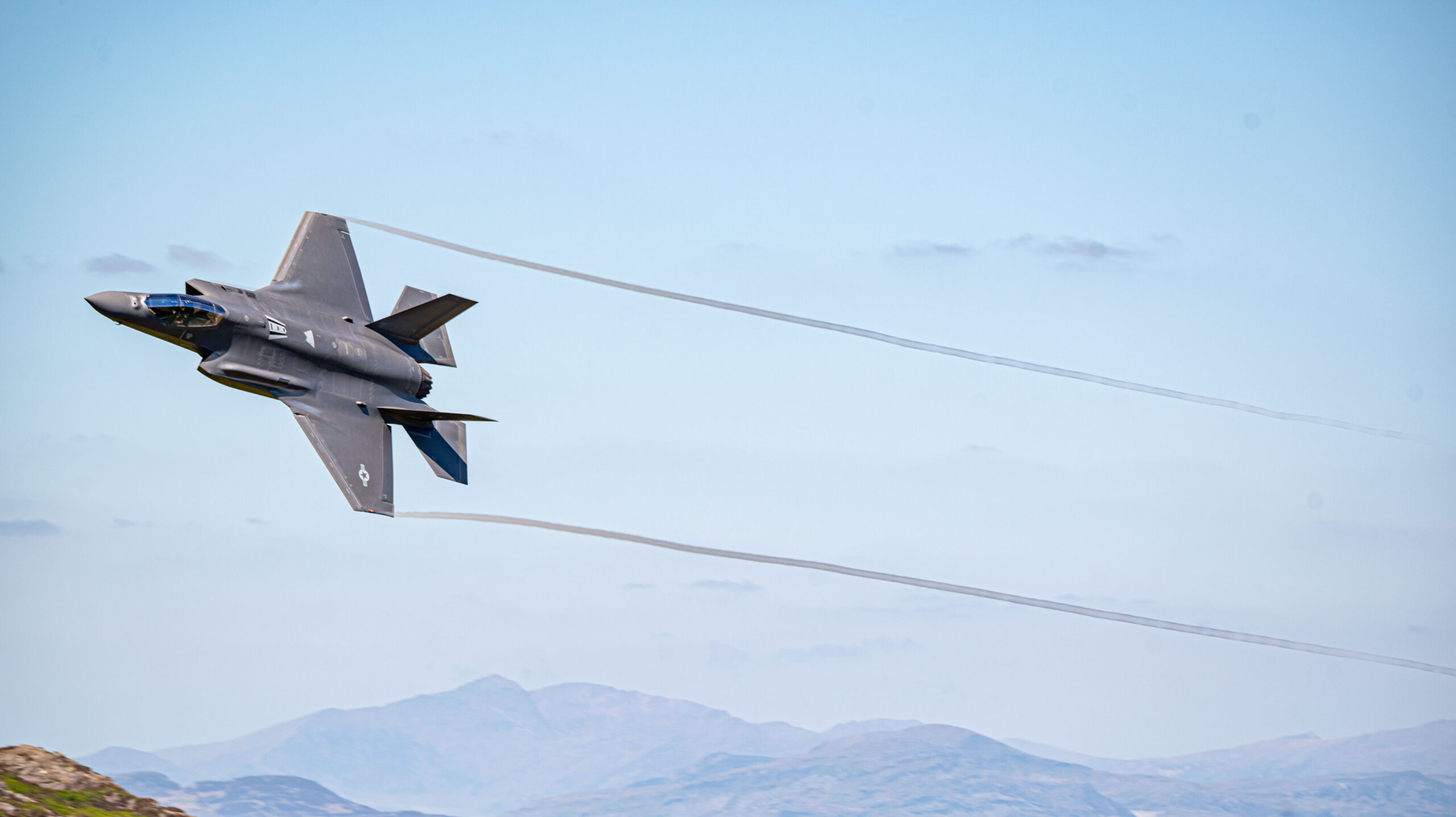World
Spain Chooses Eurofighter Over F-35 for Future Defense Needs

Spain has officially ruled out the purchase of the F-35, prioritizing instead the Eurofighter and the Future Combat Air System (FCAS) for its military modernization. This decision marks a significant shift in Spain’s defense strategy, particularly concerning the replacement of its aging Harrier jets used in ship-based operations.
The announcement comes as Spain evaluates its long-term military requirements in the context of evolving defense technologies and geopolitical challenges. According to a Lockheed Martin executive speaking to Breaking Defense, the F-35 had previously been viewed as the sole option for Madrid to effectively modernize its naval aviation capabilities.
Strategic Shift in Military Procurement
Spain’s decision emphasizes a commitment to European defense collaboration, particularly with the Eurofighter, which is produced in partnership with Germany, the United Kingdom, and Italy. This move aligns with Spain’s broader objective to enhance its defense capabilities while supporting joint European military projects.
The Eurofighter has been a cornerstone of Spain’s air force since its introduction, and the recent focus on the FCAS further illustrates Madrid’s intent to invest in a future-oriented defense program. The FCAS aims to develop a next-generation combat aircraft that integrates cutting-edge technology and enhances interoperability among European forces.
This strategic pivot away from the F-35 comes at a time when European nations are increasingly advocating for self-reliance in defense procurement. Spain’s decision may signal a trend among NATO allies to strengthen indigenous capabilities rather than relying on external suppliers.
Implications for Future Operations
The implications of this decision are far-reaching. The new focus on the Eurofighter and FCAS may lead to enhanced operational capabilities for the Spanish military, allowing for improved air defense and joint operations with allied forces. The shift also indicates Spain’s commitment to maintaining a robust defense posture in light of regional security concerns.
In light of this announcement, Spain is expected to allocate resources for the development and procurement of these advanced systems, which may also lead to job creation and technological advancements within the country.
As Spain forges ahead with its defense procurement plans, the emphasis on European collaboration could foster stronger ties among member nations, potentially reshaping the landscape of military operations in the region.
This decision underscores the importance of strategic planning in military procurement, ensuring that Spain remains capable of addressing future security challenges effectively.
-

 Lifestyle5 months ago
Lifestyle5 months agoLibraries Challenge Rising E-Book Costs Amid Growing Demand
-

 Sports4 months ago
Sports4 months agoTyreek Hill Responds to Tua Tagovailoa’s Comments on Team Dynamics
-

 Sports4 months ago
Sports4 months agoLiverpool Secures Agreement to Sign Young Striker Will Wright
-

 Lifestyle4 months ago
Lifestyle4 months agoSave Your Split Tomatoes: Expert Tips for Gardeners
-

 Lifestyle4 months ago
Lifestyle4 months agoPrincess Beatrice’s Daughter Athena Joins Siblings at London Parade
-

 Science4 months ago
Science4 months agoSan Francisco Hosts Unique Contest to Identify “Performative Males”
-

 World4 months ago
World4 months agoWinter Storms Lash New South Wales with Snow, Flood Risks
-

 Science5 months ago
Science5 months agoTrump Administration Moves to Repeal Key Climate Regulation
-

 Business5 months ago
Business5 months agoSoFi Technologies Shares Slip 2% Following Insider Stock Sale
-

 Science5 months ago
Science5 months agoNew Tool Reveals Link Between Horse Coat Condition and Parasites
-

 Sports5 months ago
Sports5 months agoElon Musk Sculpture Travels From Utah to Yosemite National Park
-

 Science5 months ago
Science5 months agoNew Study Confirms Humans Transported Stonehenge Bluestones









